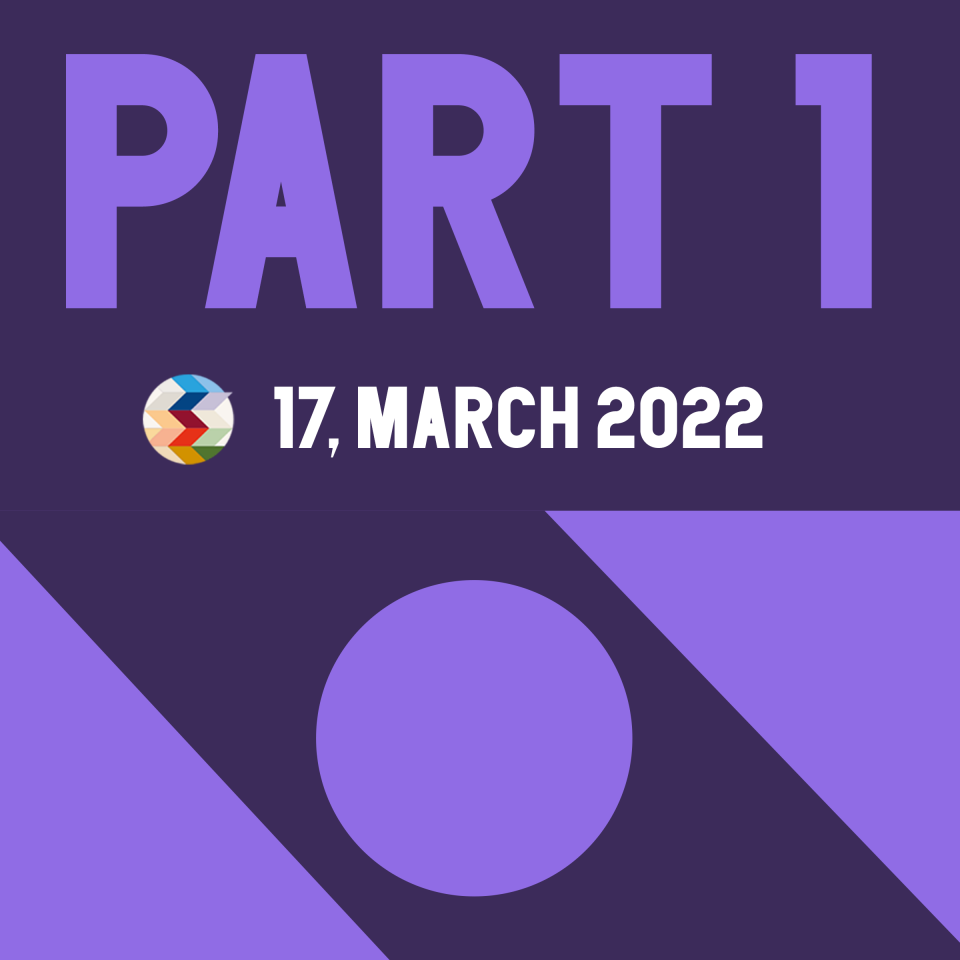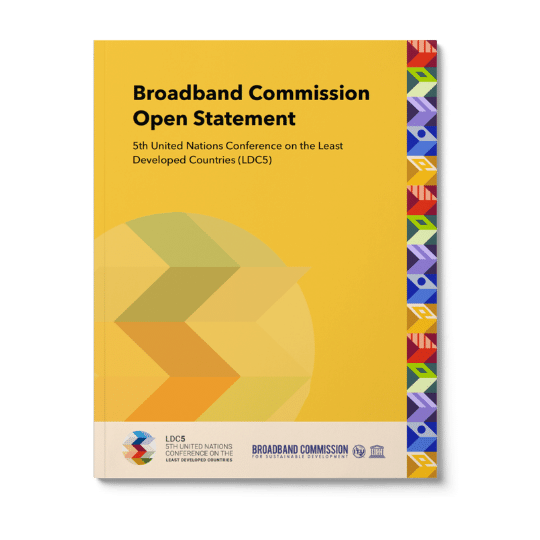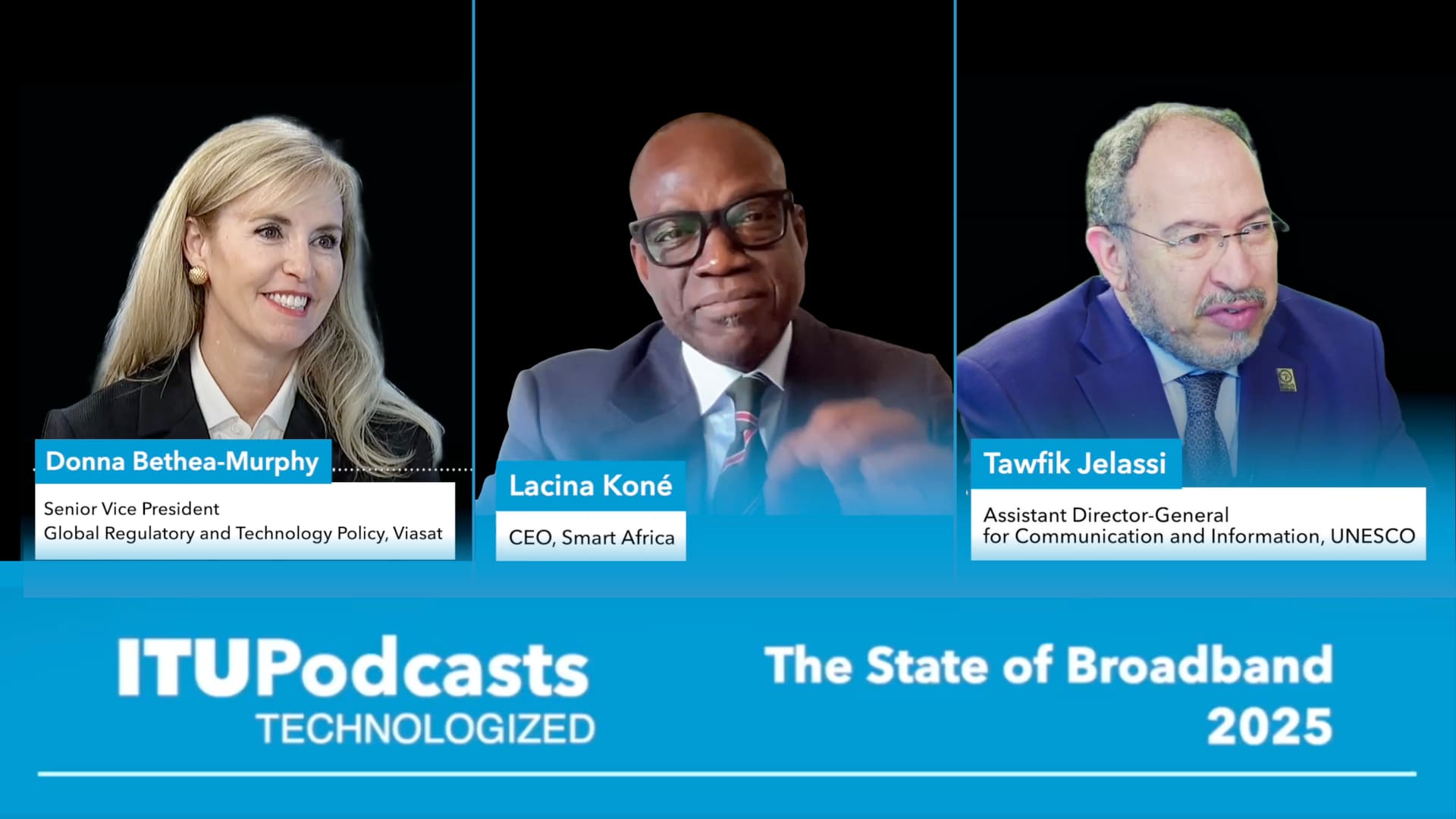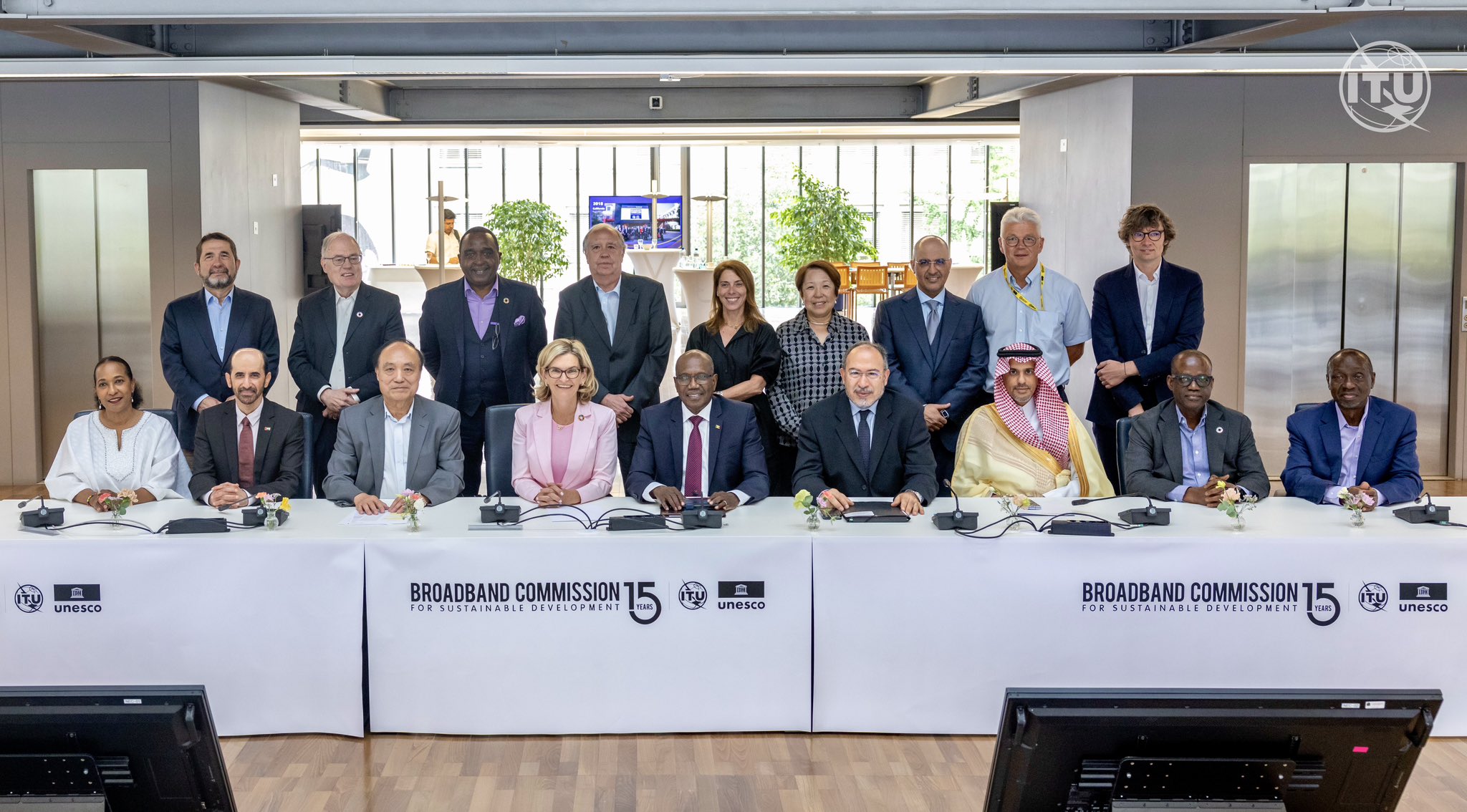
The United Nations Conference on the Least Developed Countries is organized by the UN Office of the High Representative for Least Developed Countries, Landlocked Developing Countries and Small Island Developing States (UN-OHRLLS). This Conference convenes every ten years to engage UN Member States and stakeholders in needed action and measures to support the 46 countries in the least developed category. At the Conference, the international community agrees on a renewed partnership to overcome structural challenges, eradicate poverty, achieve internationally agreed development goals and enable graduation from the Least Developed Country (LDC) category. Since 1971, the United Nations has recognized the LDCs, which comprise one-seventh of the global population, as the “poorest and weakest segment” of the international community.

The organization of the 5th edition of the UN Conference, or LDC5, has experienced challenges due to the COVID-19 pandemic. As a result, the Conference is being held in two parts. The first part, (Part 1), took place at UNHQ in New York on 17 March 2022, where the Doha Programme of Action was adopted.

The second part, (Part 2), will be held in Doha from 5-9 March in 2023, where the UN Secretary–General, along with Heads of State and Government, will gather in-person with representatives from civil society, the private sector and youth to build new plans and partnerships for the acceleration of the commitments of Doha Programme of Action (DPoA) over the next decade. The new DPoA, named after the Host City of LDC5, commits the world to a new decade of renewed and strengthened commitments between the Least Developed Countries and their development partners.
The UN Secretary General Mr. António Guterres has pledged the full support of the entire UN system to realize the action plan proposed at LDC5, and is prioritizing LDCs in future plans, investments and actions, as proposed in the DPoA.
UN Secretary-General Guterres highlighted in his remarks at LDC5 (Part 1) that,
"More than ever, developing countries need to invest in sectors vital to reducing poverty and increasing resilience – job-creation, expanded social protection, food security, universal healthcare, quality education and digital connectivity”. LDCs need transformation support which “means realizing the benefits of universal digital connectivity, so businesses can compete and flourish in the global economy."
According to the latest ITU data, less than 30% of populations in LDCs use the Internet. Lack of access to productivity-enhancing technology and broadband infrastructure excludes LDCs from fully participating in economic, political, social or cultural activities and as a result, prevents them from unlocking the human potential available to build strong, resilient economies.
Access to energy and broadband connectivity is moving at a slower pace. Structural transformation is not taking hold. Infrastructure investment and equitable access to infrastructure services are falling far behind actual needs.
LDCs also face connectivity barriers related to capacity, with “many least developed countries’ economies featuring limited productive capacities, which constrain their ability to produce efficiently and effectively, to diversify their economies and to create sustainable and productive employment (DPoA). Against this backdrop, the DPoA presents prominently the role of ICTs in the development of LDCs and overcoming structural challenges, making a case for expanding digital infrastructure, especially in the context of COVID-19 pandemic recovery and the transformation of LDCs for the next decade.
The DPoA formulates a set of connectivity goals and targets (see below Box 1) for LDCs to reach sustainable development, which incorporate the Broadband Commission’s 7 Advocacy Global Targets for achieving meaningful, safe and affordable universal connectivity.
The world’s Least Developed Countries (LDCs) are in a race to deliver on crucial global development goals by 2030.
Amidst considerable uncertainty in global economic activity caused by the COVID-19 pandemic, LDCs have faced disproportionate economic consequences. For this reason, the Broadband Commission for Sustainable Development has issued an Open Statement to the LDC5, underscoring the vital role that digital inclusion will play in the sustainable development of LDCs.
The Commission is convinced that achieving universal and affordable connectivity is essential for meeting the 17 Sustainable Development Goals (SDGs) by 2030 and to ensure no one is left behind in the hardest-to-connect communities.
To realize this aim, the Broadband Commission’s Statement calls upon “governments, the private sector, NGOs and civil society to join forces for the LDC5 Conference in making concrete pledges and putting forward initiatives towards connectivity through existing platforms, including the ITU Partner2Connect Digital Coalition and the Digital for Development Hub (D4D Hub).”
This statement, signed by the Chairs and Vice-Chairs of the Broadband Commission, also presents a number of Policy Recommendations for the Decade of Action, developed by Broadband Commissioners, for addressing key barriers to achieving universal connectivity and supporting LDCs in their digital transformation process for sustainable social and economic development.
Box 1: DPoA Highlights of Broadband Connectivity Related Actions & Targets
97. We express concern that least developed countries with limited infrastructure, human and institutional capacities and Internet access are unable to participate in and benefit from modern technologies, including financial technologies, and the ICT revolution. During the period of the implementation of the Istanbul Programme of Action, Internet access in least developed countries increased to 19 per cent in 2019 from approximately 5 per cent in 2011. This progress notwithstanding, there are growing digital divides both within and among countries, including gender digital divides and rural-urban divides. These divides result from low Internet and broadband coverage, especially in rural and remote areas, the costs of using the Internet and the lack of locally relevant content and of relevant digital skills in least developed countries. Approximately 800 million people in least developed countries do not have access to the Internet and have no possibility of participating in economic, political, social or cultural activities online. Without an expansion of national digital infrastructure, the risk of least developed countries being locked into the low- equilibrium trap is likely to be accentuated.
101. We commit to identifying underserved communities and supporting least developed countries in integrating a strategic approach to inclusive and sustainable models of last-mile connectivity and national broadband plans in order to promote digital access for the poor, excluded and those in vulnerable situations, including women and girls. We commit to helping least developed countries to build their digital innovation capacity in order to navigate future technological changes and to ensure sustainable capacity and leverage the workforce, promote access to technological knowledge, and nurture the power of competitive industries.
105. We commit to enhancing least developed countries’ cybersecurity awareness to better protect all people, including those in vulnerable situations, such as children, young people, older persons, women, and persons with disabilities. We also commit to supporting least developed countries in developing their cybersecurity capacity development programmes, including primary, secondary, and tertiary education and professional training on technical and managerial skills in industry, with the inclusion of women and young people in the cybersecurity field.
109. Targets - Support the efforts of least developed countries to significantly improve their science, technology and innovation infrastructure and innovation capacities by 2031.
- Ensure universal and affordable access to and meaningful use of the Internet by all in the least developed countries by 2030.
- Facilitate the expansion of broadband connectivity in least developed countries to bridge the digital divide.
- Encourage investment in micro-, small and medium-sized enterprises that facilitate access to the Internet and digital services.
- Promote productive capacity and competitiveness in the least developed countries through technology-driven entrepreneurship.
-Develop competitive digital innovation ecosystems in least developed countries that are resilient to future pandemics and fit for purpose.
187. We will contribute to strengthening e-commerce in least developed countries by building digital ecosystems and providing capacity-building support. We urge development partners to provide additional and substantial support to least developed countries in building and gaining access to required infrastructure in energy, electricity and digital infrastructure; promoting personal data protection; upgrading workforce skills; ensuring affordable and reliable access to broadband and mobile networks and Wi-Fi connectivity, including in the last mile; facilitating mobile banking with low or no-fee digital payments; and strengthening productive capacity and structural transformation, along with transparent and fair regulations, for promoting e-commerce and the integration of least developed countries into the global economy.




